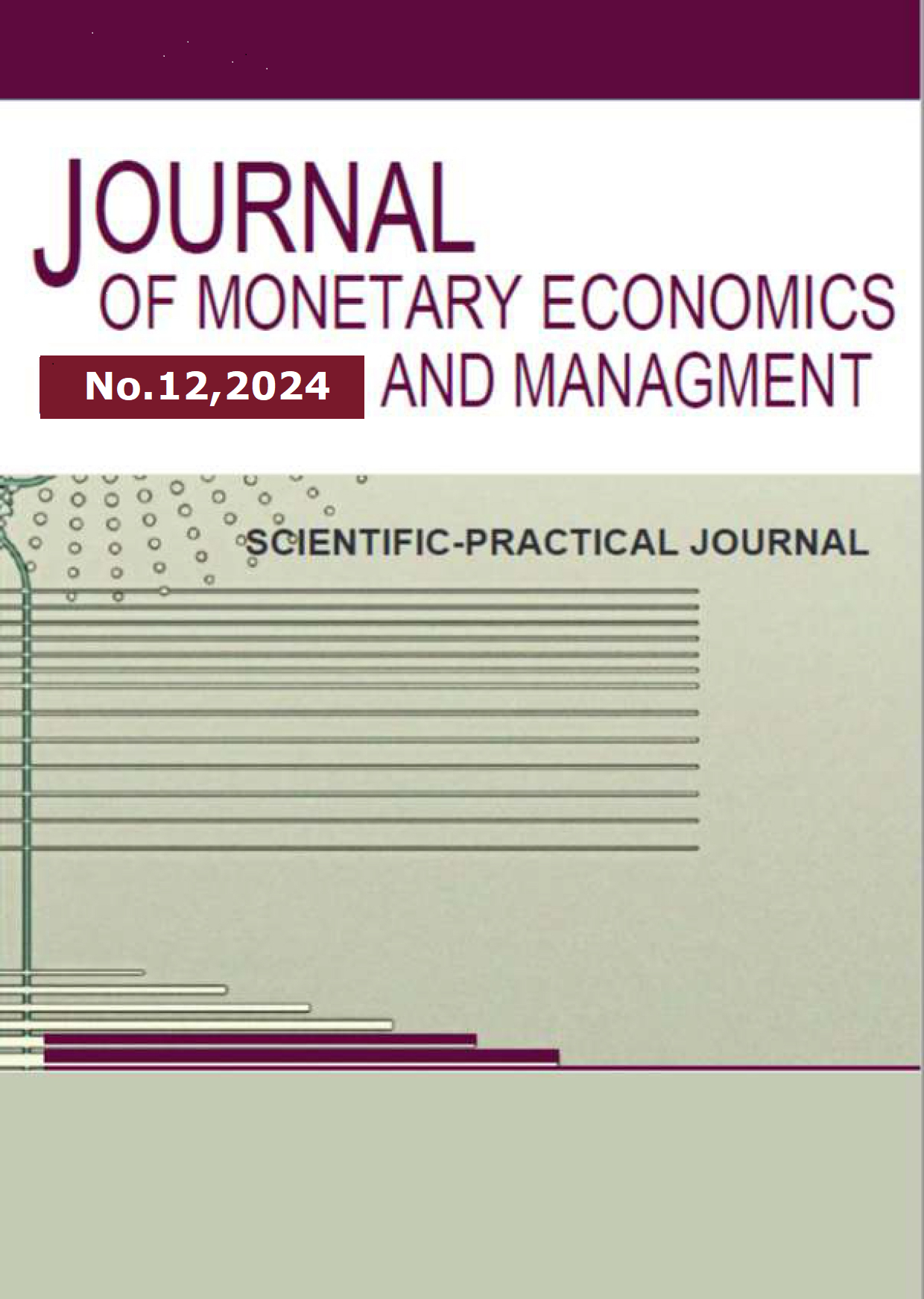employee
UDC 37.061
In recent decades, globalization and digitalization processes have significantly changed the structure of society, opening up new opportunities for communication, education and business. However, with the development of technology, threats to information security are also increasing. Young people, who are active users of the Internet, social media and various digital platforms, are especially susceptible to the risks associated with cyber threats. In this regard, it is important to develop and implement preventive measures to protect young people from possible threats in the digital space. Young people, as a rule, actively use various online resources for study, work, communication, which entails increased vulnerability to cyberattacks, virus threats, personal data leaks, as well as abuse by third parties, including online fraud, phishing, cyberbullying and manipulation of personal information. Thus, given these risks, it is necessary to develop information literacy and the ability to protect oneself online. The purpose of this work is to analyze the state of information security among young people in the context of global changes, as well as to consider the key threats and methods of protection in the digital space. The article examines in detail the following aspects: global processes and their impact on youth security. With the development of technology, the Internet, social networks, mobile applications and gadgets have become an integral part of young people's lives. At the same time, open platforms and lack of awareness of threats increase the risks. Main threats to information security. Young people face threats such as cyberbullying, manipulation through social media, personal data leakage, identity theft, as well as the penetration of viruses and malware.
information security, youth, globalization, digitalization, cyber threats, cyberbullying, preventive measures, digital literacy, data protection, online fraud, social networks, malware, educational programs, personal information
1. Starodubrovskaya I. V. Kak borot'sya s radikalizmom molodezhi na Severnom Kavkaze? // Obschestvennye nauki i sovremennost'. 2015. № 6. S. 84—96.
2. Lapkin V. V. Etnopoliticheskie konflikty na postsovetskom prostranstve: rol' vneshnepoliticheskih faktorov / Lapkin B. V., Pantin V. I. // Mirovaya ekonomika i mezhdunarodnye otnosheniya. - 2016. - T. 60, № 12. - S. 92-103.
3. Avdeev E.A. Obscherossiyskaya grazhdanskaya identichnost' molodezhi Severnogo Kavkaza: osnovnye vyzovy i riski konfliktnosti. POLITEKS, t. 17, vyp. 1, ss. 69-86, iyun. 2021.
4. Suschiy S. Ya. Konfliktogennyy potencial Severnogo Kavkaza na rubezhe 2020-h godov: faktory i osnovnye trendy / C. Ya. Suschiy // Nauchnaya mysl' Kavkaza. - 2021. - № 1 (105). - S. 72-78.
5. Achkasov V. A. Etnopoliticheskiy konflikt kak sledstvie etnizacii social'nyh problem / V. A. Achkasov // Politicheskaya ekspertiza: POLITEKS. - 2013. - T. 9, № 2. - S. 41-61
6. Avksent'ev V. A. Riskogennye faktory v etnopoliticheskoy sfere Severnogo Kavkaza / V. A. Avksent'ev, G. D. Gricrnko // Nauchnaya mysl' Kavkaza. - 2018. - № 4. - S. 81-91
7. Dadaev H. M. Osobennosti individualizacii nakazaniya za sovershenie prestupleniy terroristicheskogo haraktera / H. M. Dadaev, Sh. Sh. Mucalov, A. H. Arsanukaev // Vestnik KNII RAN. Seriya: Social'nye i gumanitarnye nauki. – 2023. – № 1(4). – S. 37-44.
8. Stefanova N. A. Mnogofaktornaya autentifikaciya kak instrument informacionnoy bezopasnosti v cifrovoy ekonomike // Aktual'nye voprosy sovremennoy ekonomiki.- 2020.- № 4.- S.246-252









